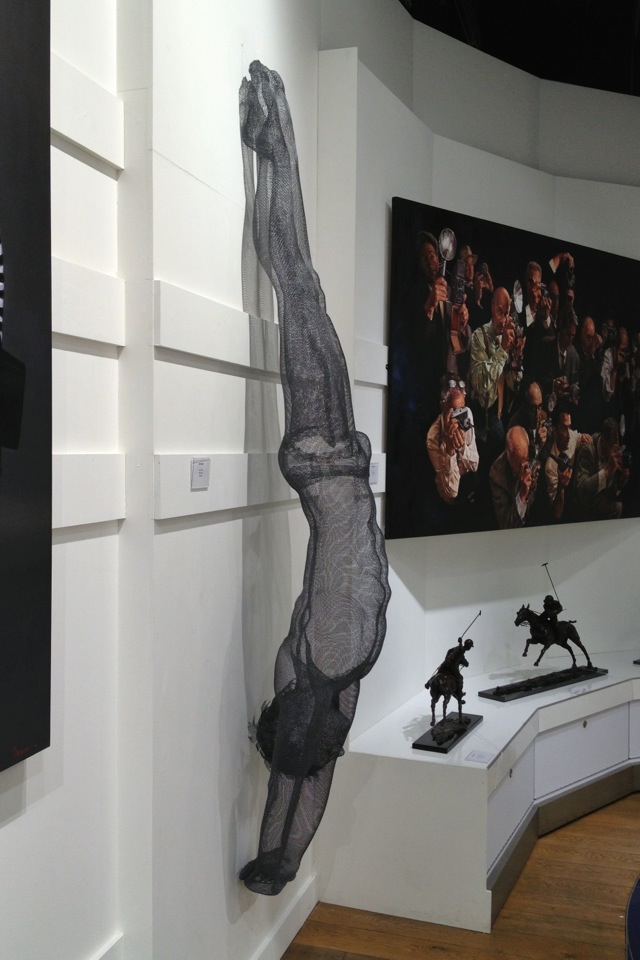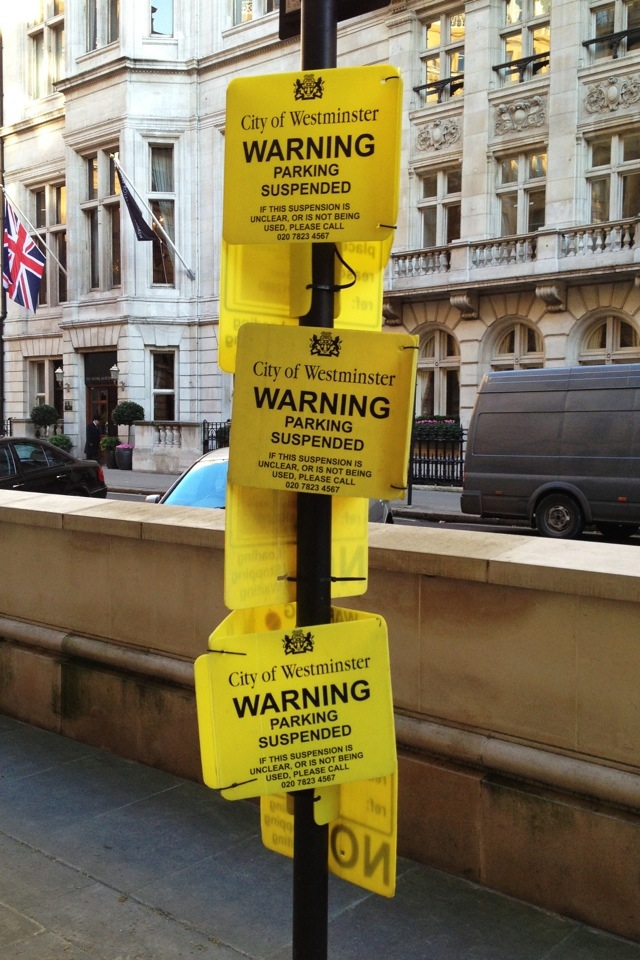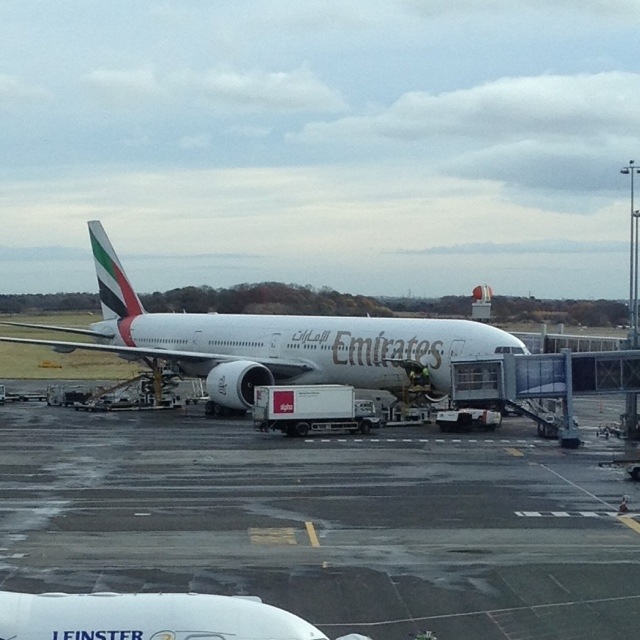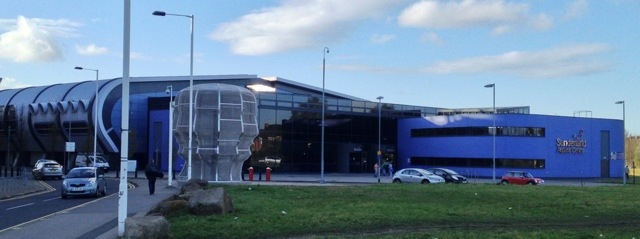209 words posted by Simon on 13 November 2012
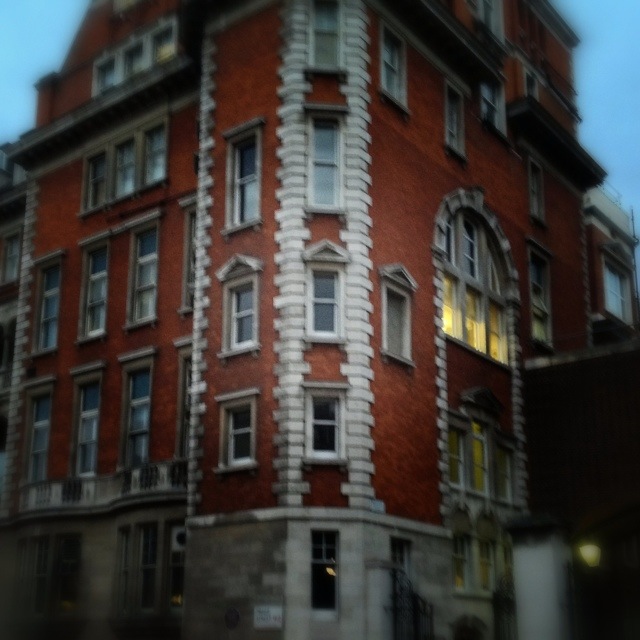
This second-storey room at St Mary’s Hospital is where Alexander Fleming discovered penicillin on 3rd September 1928 – arguably one of the greatest discoveries ever, and certainly one that has transformed the course of human history.
It took the Scot about a year to come up with the name “penicillin”, referring to it in the interim as “mould juice” – which is certainly a more entertaining name, and one which I think the WHO should consider introducing as it’s recommended international nonproprietary name. “500mg mould juice stat” has a certain ring to it…!
The serendipity of his discovery is sometimes exaggerated: Fleming had dedicated much of his life to finding anti-bacterial agents after watching so many soldiers die of infection during the First World War, during which he served in the Royal Army Medical Corps. In fact, he wrote an important paper for The Lancet during the war explaining that applying antiseptic to deep wounds was probably counterproductive. Unfortunately, nobody listened, and it’s likely that countless unnecessary deaths resulted.
I was surprised to discover that Fleming was a Fellow of the Royal College of Surgeons. The reputation surgeons carry with regards to antibiotic knowledge is not one that suggests that the father of microbiology is one of theirs…!



